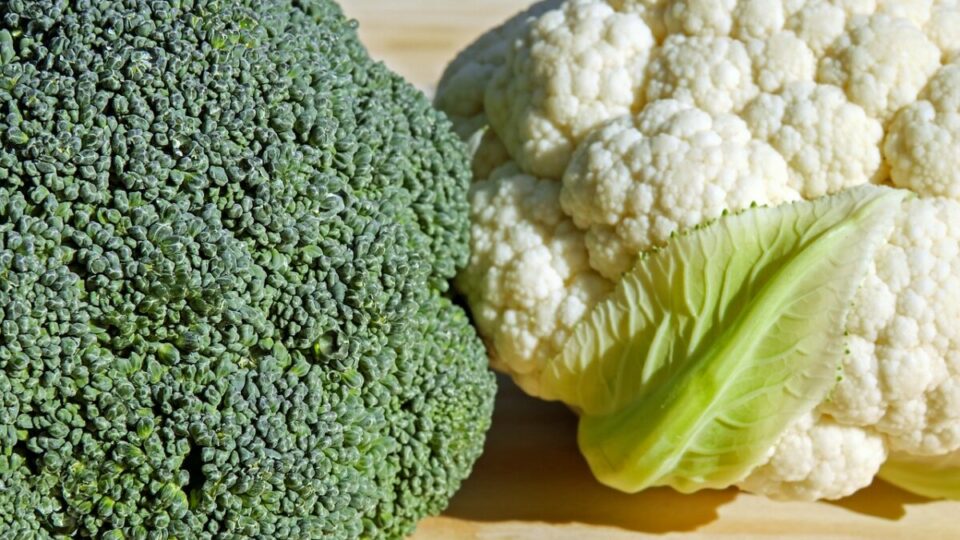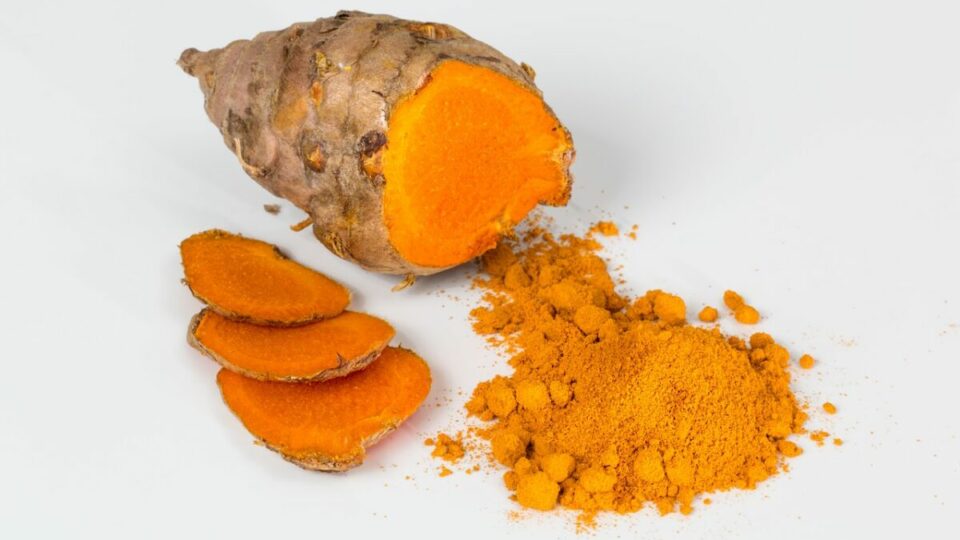- Have any questions? Contact us!
- info@dr-rath-foundation.org
October 12, 2023
Published by Dr. Rath Health Foundation at October 12, 2023
Categories
A recent study published in the journal Scientific Reports has demonstrated that green tea, Matcha, and black tea effectively inactivate Omicron subvariants.
October 5, 2023
Published by Dr. Rath Health Foundation at October 5, 2023
Categories
Molecules in cruciferous vegetables like cauliflower and broccoli may help to maintain a healthy barrier in the lungs and ease infection, according to recent research.
October 5, 2023
Published by Dr. Rath Health Foundation at October 5, 2023
Categories
Curcumin, a natural compound found in turmeric, may be as effective as omeprazole, a drug used to reduce excess stomach acid and treat indigestion, according to the first study of its kind.
October 5, 2023
Published by Dr. Rath Health Foundation at October 5, 2023
Categories
Antioxidant vitamins may reduce endometriosis-related pain by regulating inflammatory responses, reports a new review from Chinese researchers.
September 28, 2023
Published by Dr. Rath Health Foundation at September 28, 2023
Categories
New research has revealed a potentially important role ginger supplements can play in controlling inflammation for people living with autoimmune diseases.
September 14, 2023
Published by Dr. Rath Health Foundation at September 14, 2023
Categories
New research, published in Nature Communications, has found a link between the important micronutrient zinc and a sensor protein in the gut in the prevention and management of a range of bowel conditions, such as inflammatory bowel disease.
September 7, 2023
Published by Dr. Rath Health Foundation at September 7, 2023
Categories
Prescribing people £50 ($63) worth of fruit and vegetables per month could cut their risk of heart attacks and strokes, research suggests. Scientists have discovered adults at risk of heart disease who received prescriptions for free produce ate more fruit and vegetables and had lower blood pressure, blood sugar and body mass index (BMI).










Omega-3 Supplementation Positively Affects Cardiovascular Disease Patients And Could Save Costs